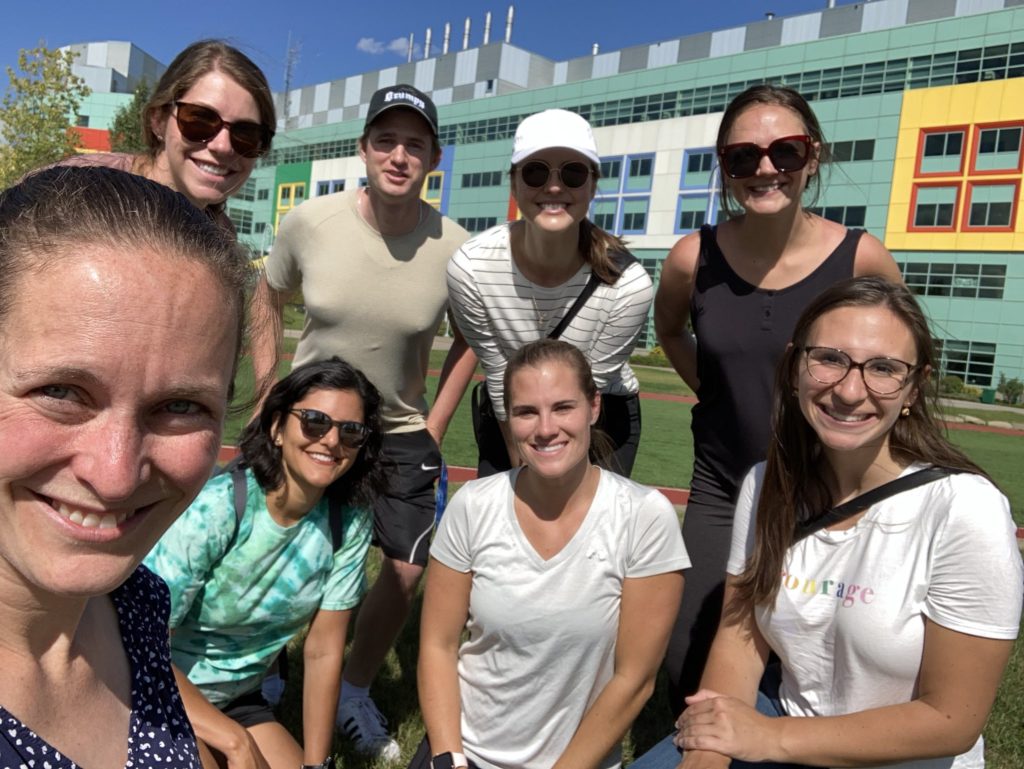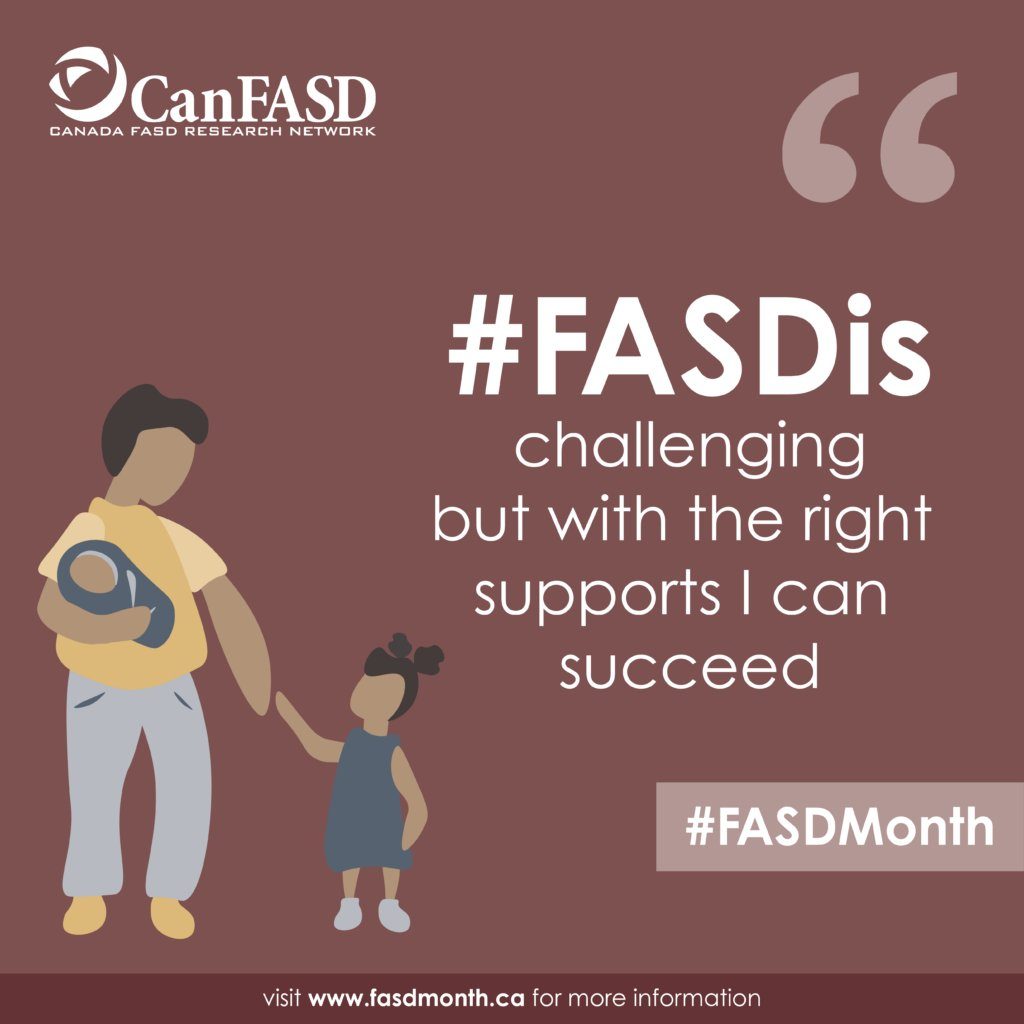Pregnant individuals are more likely to experience symptoms of depression and anxiety compared to the general population. Levels of symptoms have increased by 3-4 times during the COVID-19 pandemic. Symptoms of depression and anxiety compromise a pregnant parent’s wellness and have been related to child behavioural outcomes that confer risk for later mental illness in children themselves. There is also evidence that prenatal mental health is associated with child brain development, particularly in regions of the brain that regulate emotion. In this way, mental health reaches beyond individuals into families and communities.
On Bell Let’s Talk Day 2021, it is important that we recognize the increased levels of anxiety and depression experienced by mothers in the past year and talk about how best we can support pregnant parents and their children.
As part of our Pregnancy During the Pandemic study, mothers have completed questionnaires about their mental health. Infant children and their parents have been invited to the hospital to have pictures taken of the infant’s brain using magnetic resonance imaging (MRI). We will study different regions and measures of the child brain and relate them to the mental health of their parent across multiple time points in pregnancy. Through this work we aim to identify when in pregnancy or postpartum the child brain appears to be most sensitive to the effects of prenatal mental health and stress, and we will provide evidence for when support and interventions for pregnant individuals may be most effective. Stay tuned for our findings!


